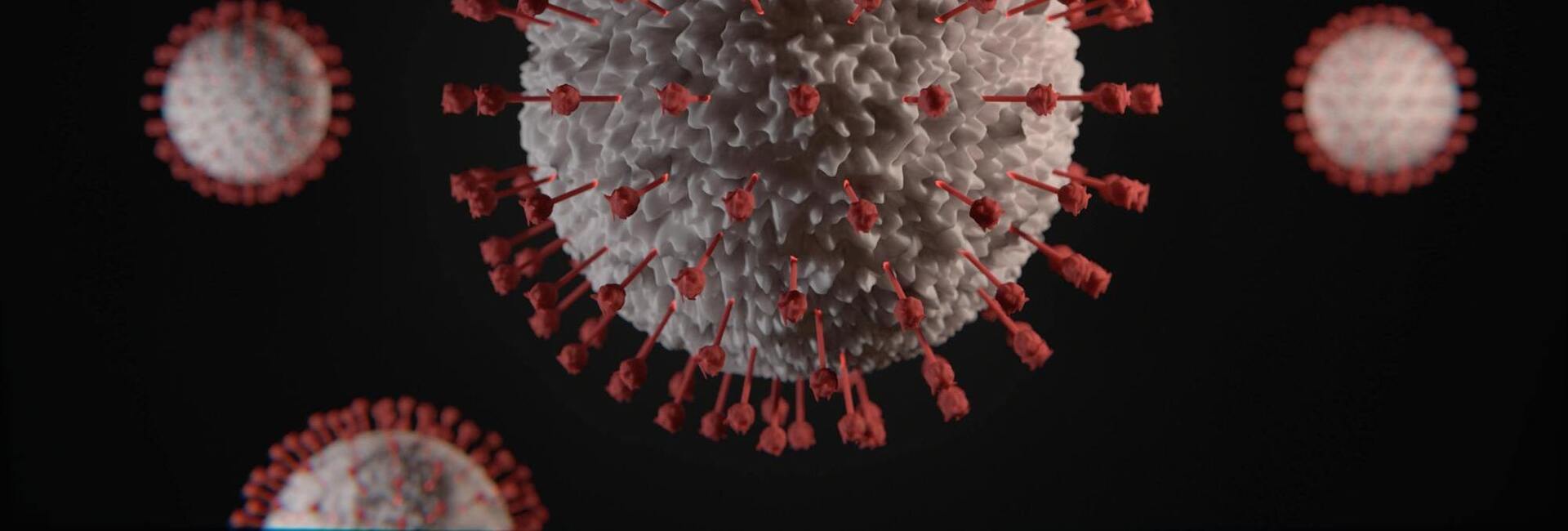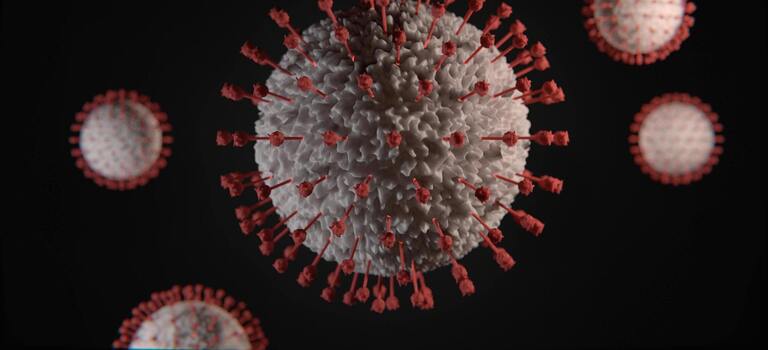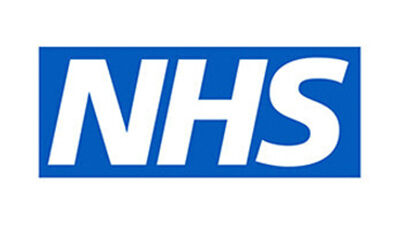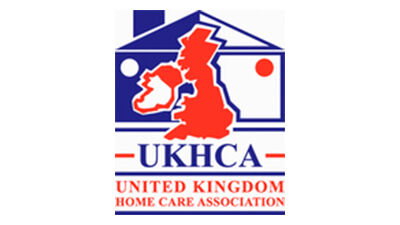COVID-19 Guidance
Vaccination
Why it is important to get a COVID-19 vaccination
People who are fully vaccinated are far less likely to get COVID-19 with symptoms, become seriously unwell, be admitted to hospital or die from the disease.
Frontline social care workers are more likely to be exposed to COVID-19 at work than the population as a whole and are at higher risk of repeated exposure to the infection due to the nature of their work. Catching COVID-19 can result in serious illness and may lead to long-term complications. These are more common in older staff and those with underlying health conditions.
All home care workers have now been offered a vaccine. The first dose of the vaccine offers good levels of protection, but to get maximum protection everyone must get a second dose and any further recommended booster doses. Home care workers aged 16+ can book a vaccine on the National Booking Service. For the latest advice and information, see Coronavirus (COVID-19) and the COVID-19 vaccination guide for social care staff.
Home care providers and employers can continue to support the COVID-19 vaccination programme by directing staff to the National Booking Service and providing support to ensure they can attend vaccination appointments in line with the standard operating procedure which states:
Providers of social care or employers of frontline social care workers (which may include the local authority and NHS organisations) are responsible for:
ensuring all relevant employees are aware of the national offer for priority booster vaccinations and how they can access this offer through the National Booking Service and using www.nhs.uk/grab-a-jab
continuing to support all eligible frontline staff to obtain the necessary documentation needed for the COVID-19 booster vaccination to enable vaccination sites to validate their identity at the point of delivery (this could be a workplace photographic identity badge, a letter from the employer or a payslip dated within the last 3 months)
continuing to work with employees to manage the logistics of any support required to access or travel to vaccination sites. This includes releasing staff to receive their vaccinations, while maintaining safety and continuity of care. Where the employer is a home care provider, it should work with staff to maximise the opportunities for workplace-based vaccinations administered by roving primary care network (PCN) teams. In the event of COVID-19 or other infections being present, care providers should seek advice on whether any vaccination should be delayed and, if so, for how long, from the local authority coordinator or the hub. They in turn can take advice from the UK Health Security Agency, Office for Health Improvement and Disparities or from the local Director of Public Health
maintaining a record of vaccinated staff, with staff members' agreement, to include date and location of each vaccination (CQC registered providers should report uptake directly through the Capacity Tracker and non-CQC registered providers/employers should provide information on staff uptake to their local authority for input into the Capacity Tracker)
being responsive to changes in data collection systems
ensuring both the COVID-19 boosters and flu vaccines are promoted equally to all frontline social care employees
working in partnership with the NHS and public health leads to implement the use of evidence based resources and approaches to support the uptake of the offer among social care workers with protected characteristics, who are known to have low vaccine confidence. They should also continue practical support for employees, or individuals facing difficulties with vaccine confidence or in arranging vaccination, ensuring this is extended to cover booster vaccination.
National data monitoring continues to be vital to our COVID-19 response, and so we ask that vaccination records are maintained and reported.
It is essential that home care workers continue to follow guidance on infection control, including recommendations for hand hygiene, testing and the use of PPE regardless of vaccination status.





